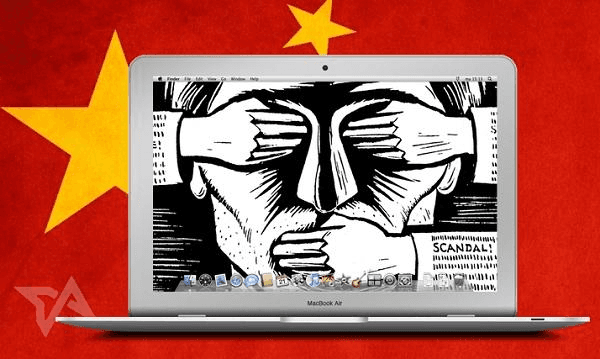 As workplaces evolve into high-stakes arenas of profit and power, employees are increasingly treated as disposable, silenced, pushed out, or abruptly fired when they challenge authority or expose wrongdoing. While companies cloak these terminations in corporate jargon like "restructuring" or "performance issues," the reality is far darker, a systemic purge of those who dare to speak up.
As workplaces evolve into high-stakes arenas of profit and power, employees are increasingly treated as disposable, silenced, pushed out, or abruptly fired when they challenge authority or expose wrongdoing. While companies cloak these terminations in corporate jargon like "restructuring" or "performance issues," the reality is far darker, a systemic purge of those who dare to speak up.
Governments aren’t the only ones suppressing dissent, corporations have perfected their own playbook. Just as regimes censor critics, businesses deploy legal loopholes, fabricated dismissals, and psychological coercion to eliminate inconvenient voices. The question isn’t just whether these firings are unethical, but whether corporate power has grown so unchecked that it operates like an authoritarian regime within the private sector.
Companies use a range of tactics to force out employees while avoiding legal consequences. One common method is forced resignations, where workers are harassed, isolated, or overloaded until they quit. Others face sudden "performance improvement plans" (PIPs), despite years of positive reviews, giving HR a paper trail to justify termination. In extreme cases, employees are simply locked out of systems overnight, their access revoked without warning.
The U.S. "at-will employment" doctrine enables this abuse, allowing firms to fire workers without cause. A 2020 Economic Policy Institute study found that 18% of employees had been dismissed for unfair reasons, with no recourse. Tech giants like Google, Amazon, and Tesla have made headlines for retaliatory firings—targeting union organizers, whistleblowers, and even those who raised ethical concerns.
The fallout from wrongful terminations extends far beyond lost wages. A Harvard Business Review study revealed that 78% of wrongfully terminated employees suffered severe anxiety or depression. Many face financial ruin, especially in countries with weak worker protections. In India, where labor laws mandate severance, companies force employees to sign pre-written resignation letters under threat of blacklisting.
Legal battles are rare, most workers can’t afford lawsuits, fear industry retaliation, or simply collapse under the psychological toll. Even when cases win, like a French court ordering Air France to pay €450,000 for an unjust firing, these victories are exceptions, not the rule.
Just as governments deploy surveillance and propaganda to control narratives, corporations manipulate HR policies, non-disclosure agreements (NDAs), and "do not rehire" blacklists to ensure compliance. Whistleblowers like Martin Tripp (Tesla) and Chris Smalls (Amazon) were publicly smeared after exposing safety violations.
But resistance is growing. Uber reversed some of its Zoom firings after public backlash. Unions are gaining traction in previously anti-labor industries. And as more employees share their stories, the facade of "neutral corporate decisions" crumbles, revealing a system designed to protect power, not people.
If technology can be used to silence dissent, it can also amplify worker voices. The same tools that help companies monitor employees can expose unethical practices. The question is no longer whether corporations will stop these abuses, but whether workers, lawmakers, and the public will force them to.
The next time a company claims an employee was let go for "cultural fit," ask Who really didn’t fit whether the worker or the system that demands silence?
Written by Devaraj


